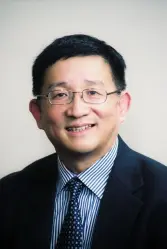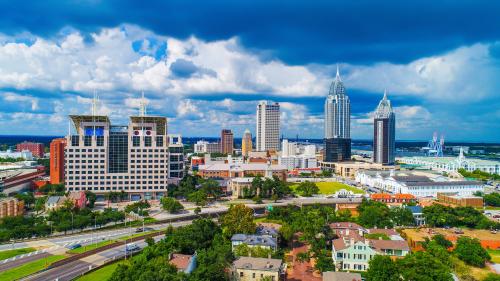

10:00 am EDT - 12:00 pm EDT
Past Event
10:00 am - 12:00 pm EDT
1775 Massachusetts Avenue NW
Washington, DC
20036
With five of the world’s 10 most populous cities, China is renowned for its urban landscape. The country today is hardly recognizable to those who visited at the beginning of the reform period in 1980 when more than 80 percent of the population lived in rural areas. Now, with more than half of its population living in cities, China’s urbanization process has been the most rapid in human history and has served as a key engine of China’s economic growth. At the March meeting of the National People’s Congress, Premier Li Keqiang announced that controls over China’s household registration system—or hukou—will be relaxed to ensure that migrant workers can become urban citizens. To facilitate this, he hopes to enhance the carrying capacities of smaller cities and counties while controlling the population sizes of mega cities. The success of these urbanization efforts will not only determine whether China can maintain robust economic growth, but also will have strong implications for sociopolitical stability and environmental sustainability.
On April 2, the John L. Thornton China Center at the Brookings Institution hosted a Consensus Media Group delegation featuring urbanization expert Hua Sheng of Southeast University and rural development expert Hu Biliang of Beijing Normal University to discuss these strategic transformations of China’s domestic landscape and their challenges. They were joined by Senior Agriculture Economist of the World Bank, Li Guo, on a panel moderated by China Center Senior Fellow David Dollar.
![]() Follow @BrookingsChina to join the conversation.
Follow @BrookingsChina to join the conversation.


Anthony F. Pipa, Zoe Swarzenski, Sam Heintz
October 4, 2023
2021
Online only
1:00 pm - 2:00 pm EDT

Andre M. Perry, Carl Romer, Anthony Barr
July 16, 2021